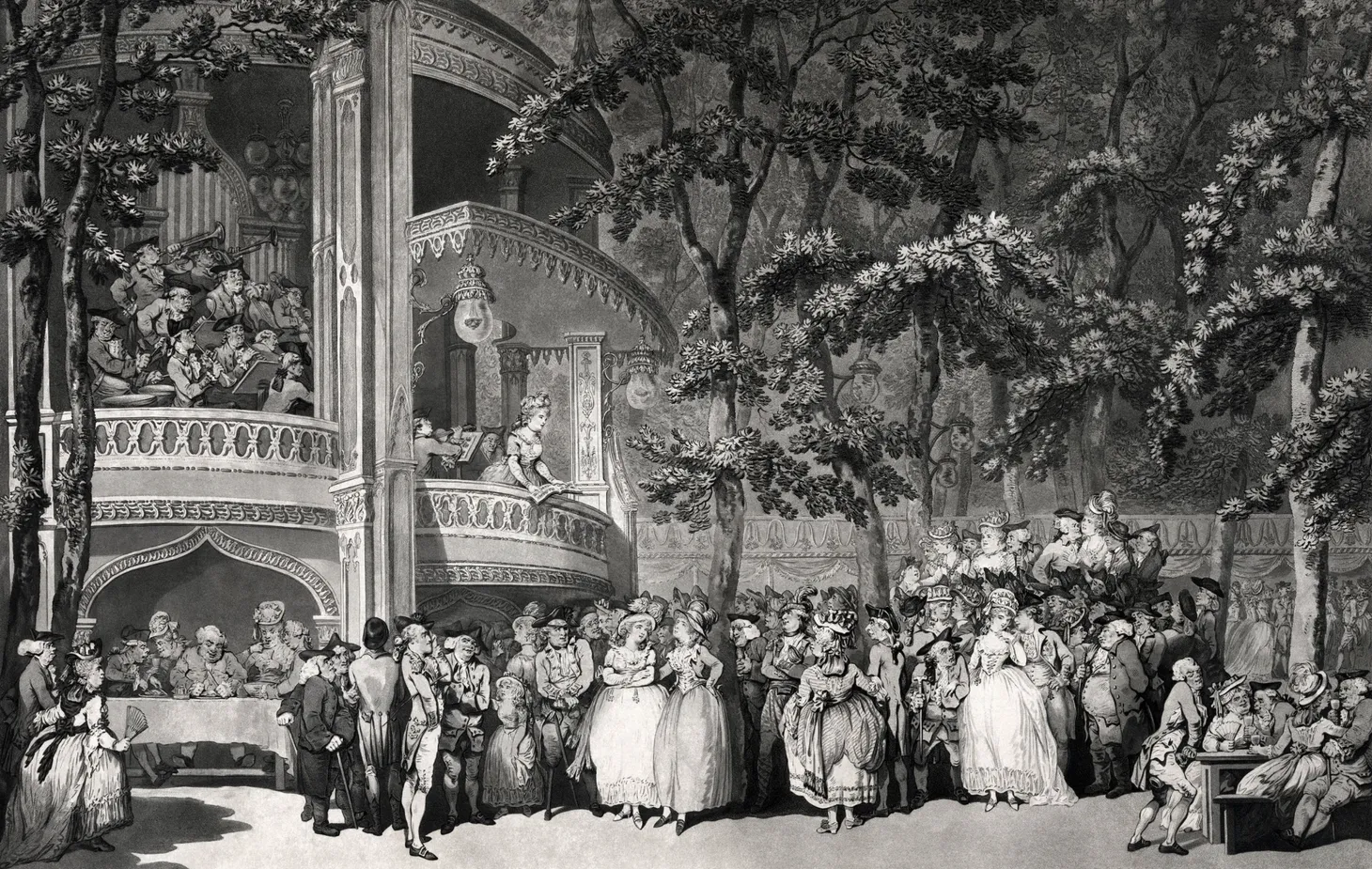Inequality
AI and the Long Tail
AI can reduce inequality and polarization by making the internet less social.

Why Inequality is Efficient
The physical and cultural constraints that gave rise to a normal income distribution are losing their power. The difference between highway and airline networks explains why.
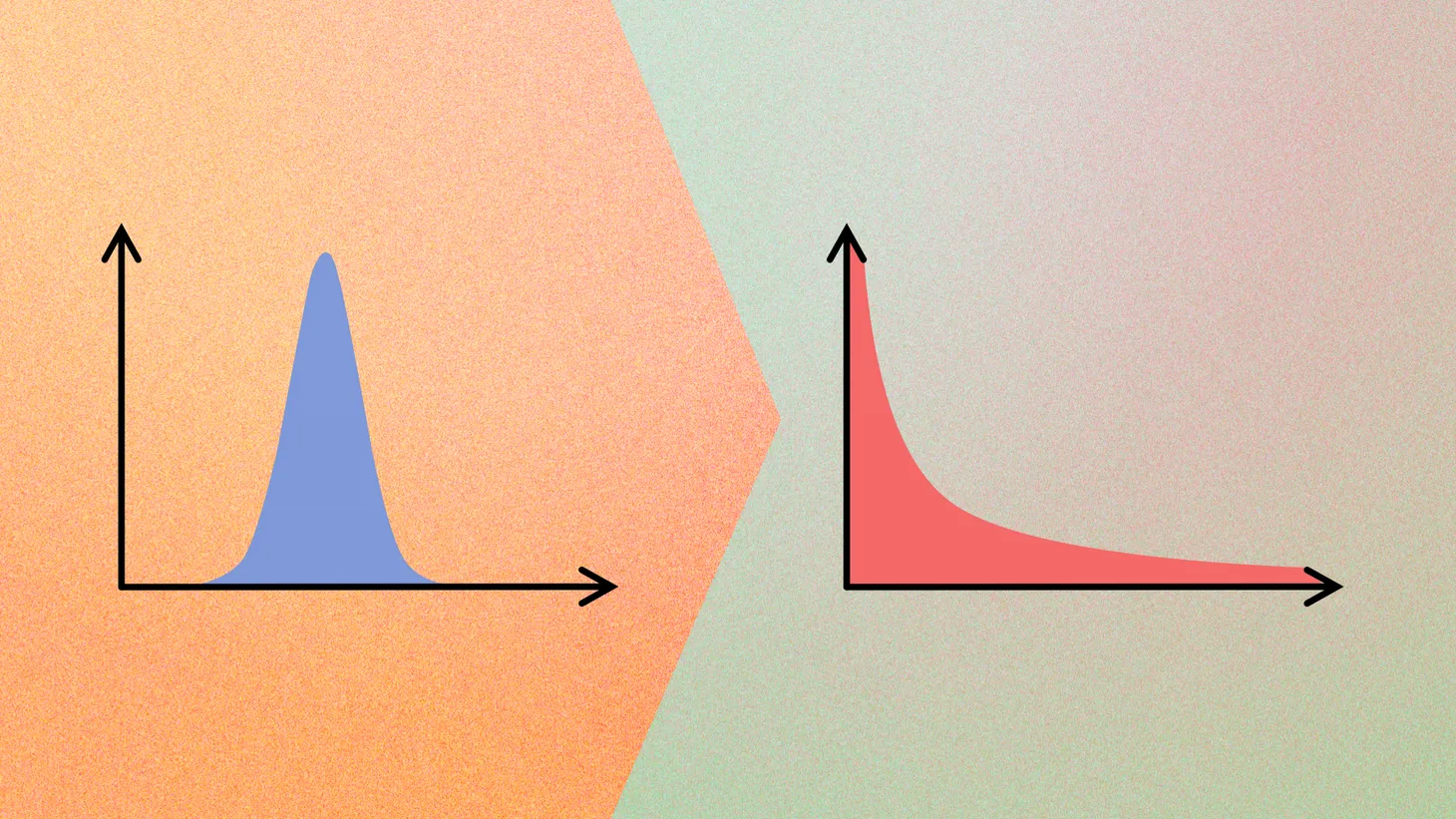
The Middle Class Is Dead. Long Live the Long Tail Class.
A networked, creative economy cannot produce a normal distribution of income. Our focus should shift to providing a minimum-viable lifestyle to a growing long-tail class. Cities have a critical role to play in that process.
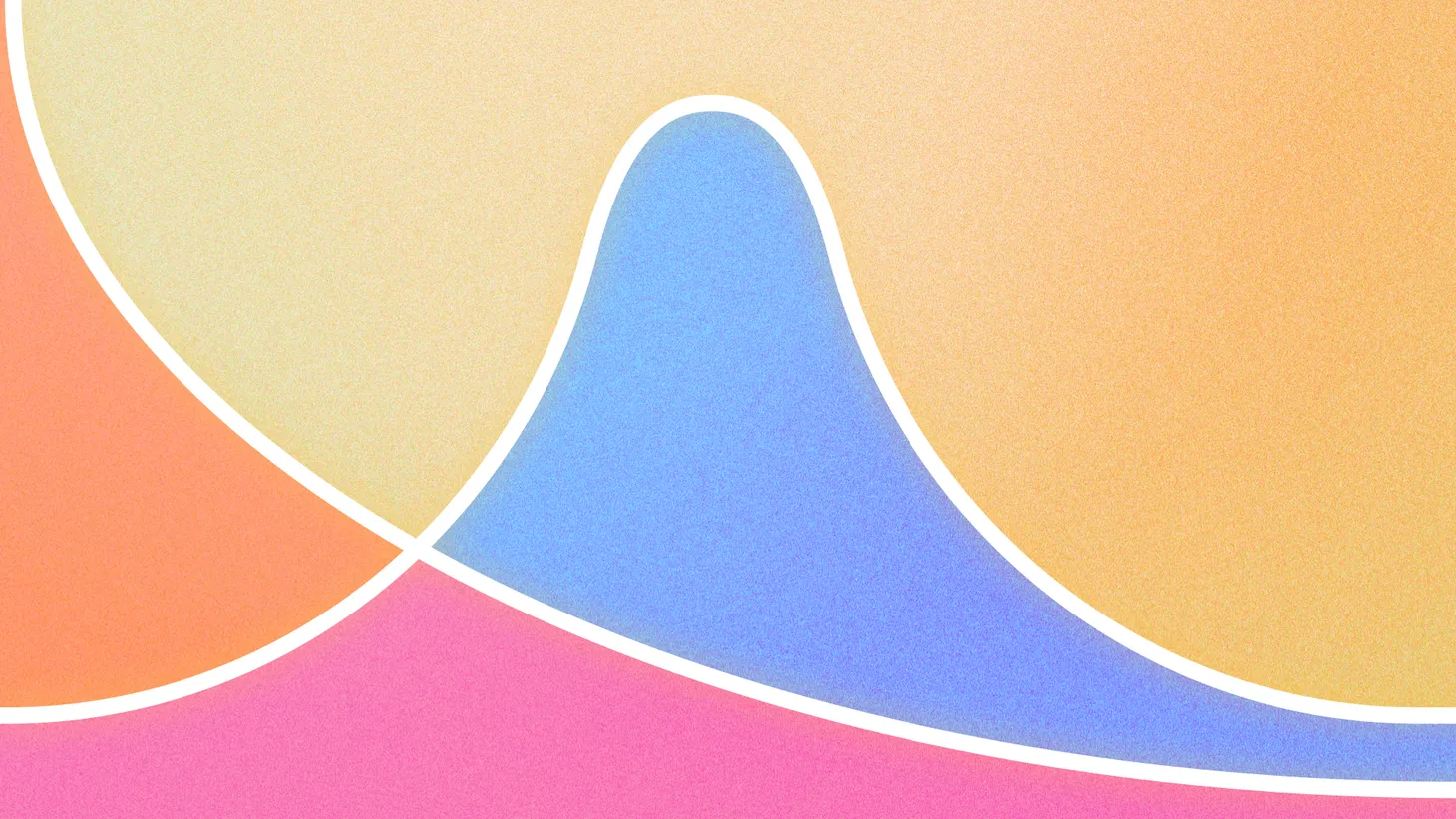
Cities are Instagram
As they grow, networks become more efficient and less egalitarian. The process explains a lot about where we are — and where we're headed.

A Bicycle of Inequality
Computers multiply the powers of the human mind. But they affect each person differently, very differently.
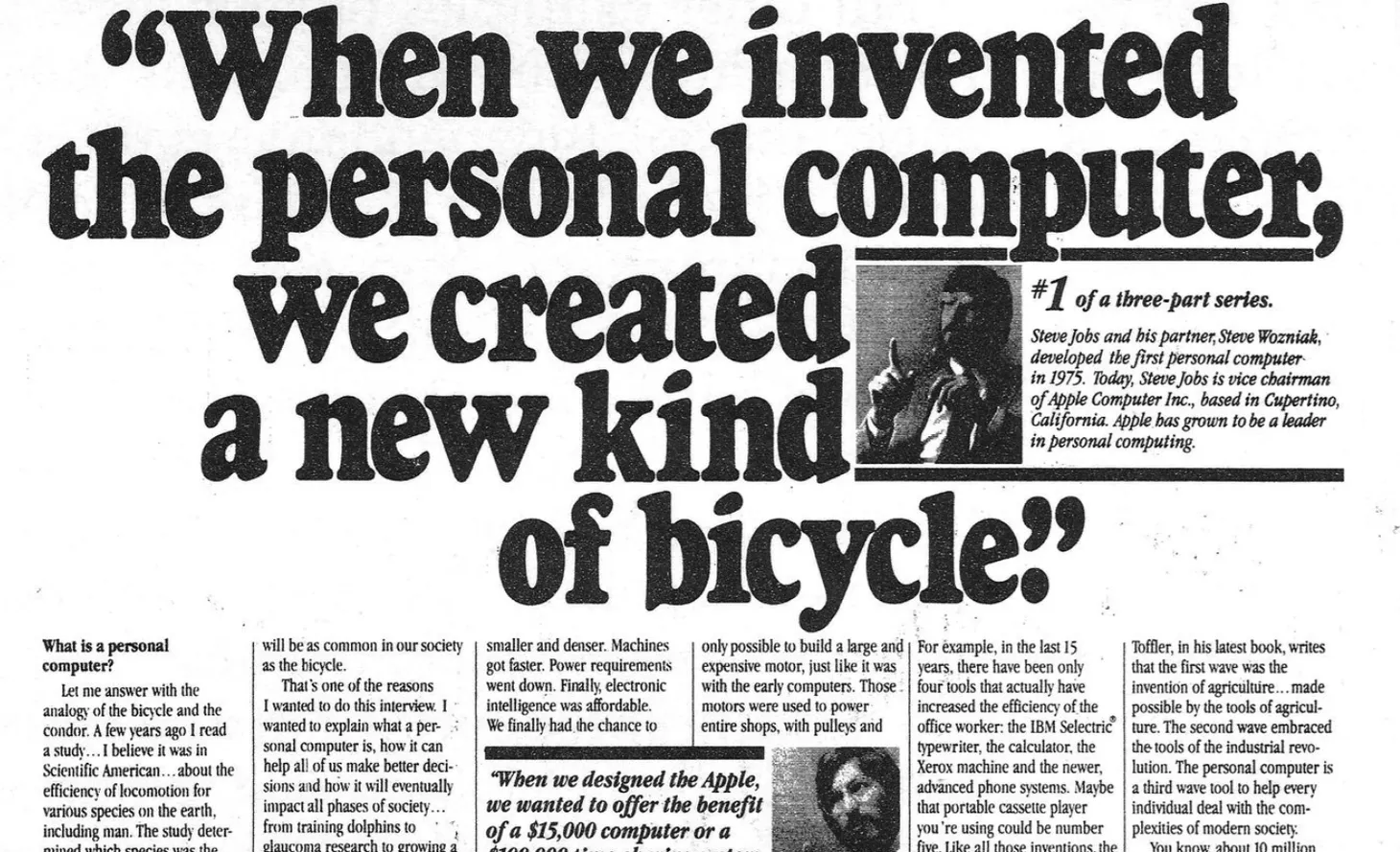
Quiet Quitting, UBI, and Psychic Inequality
You can redistribute money, but can you redistribute meaning? The entertainment industry offers some lessons.

The Scalable Imagination
📚I am writing a new book about the future of work, cities, and companies. Click here to read the first few pages. The Scalable Imagination0:00/233.8220831× We tend to underestimate technology's power to turn in-person work into scalable work. On the verge of the 20th Century,

Productivity and Inequality
Yesterday, I wrote about the 50-fold increase in the productivity of manual laborers in the 20th Century. In the decades ahead, experiments with new work arrangements are expected to lead to similar increases in the productivity of knowledge workers. But there is a key difference between manual labor and knowledge
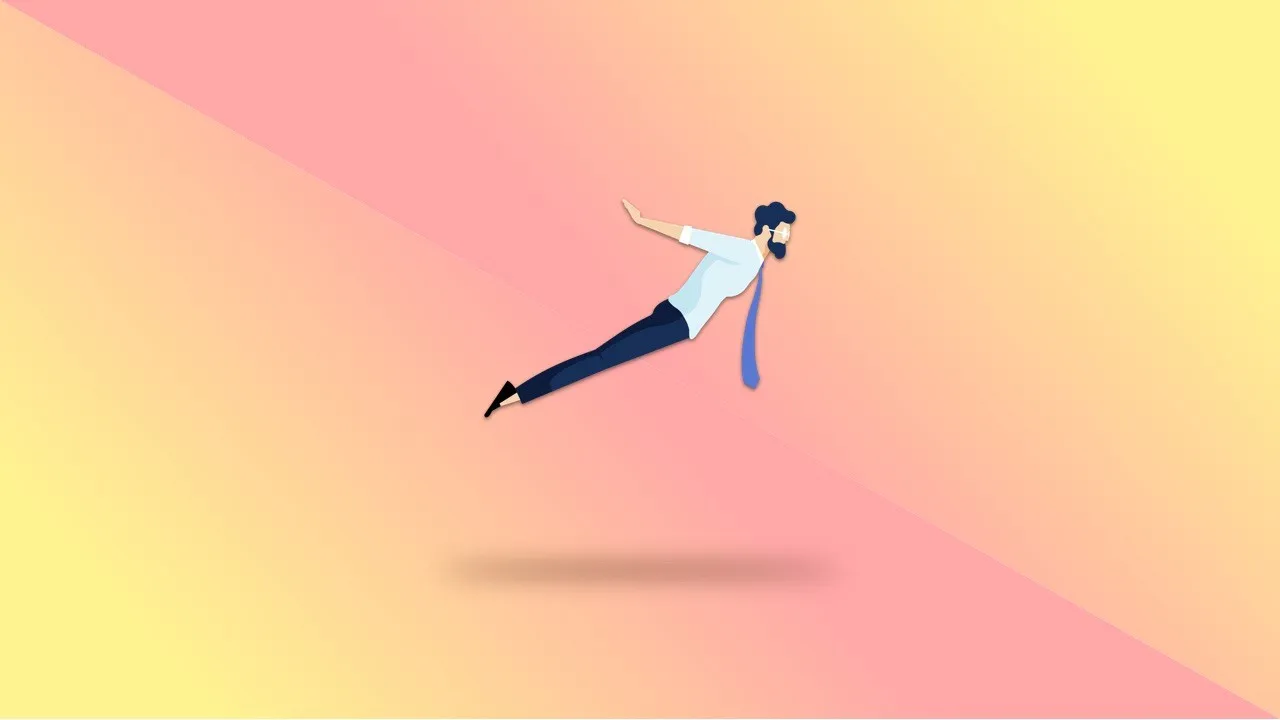
Inequality and Remote Work
"If you can do your job from Boulder, it can be moved to Bangalore." This tweet from Scott Galloway makes a common argument regarding why employees should rush back to the office. It also taps into a sense of anxiety that one's job is about to
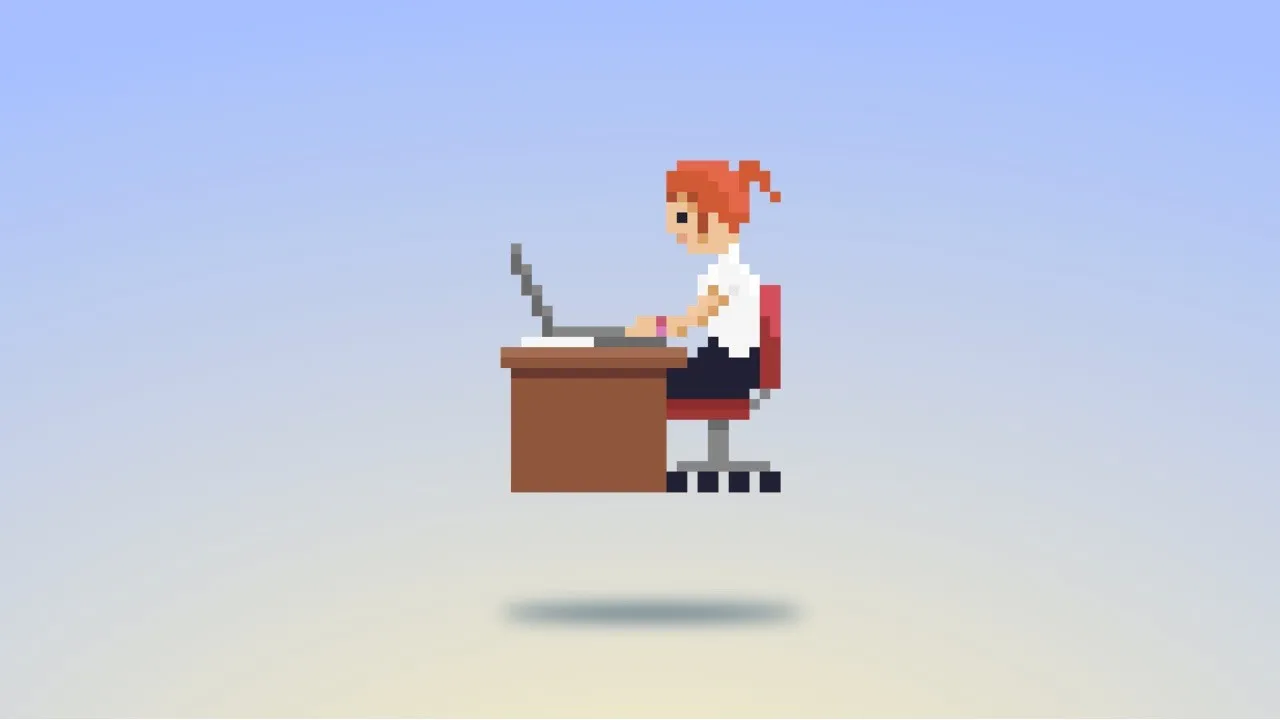
Winner Takes Most
The internet matches us with those who'd pay most for our unique combination of skills and characteristics. It also exposes us to anxieties that were previously reserved only for pop stars.
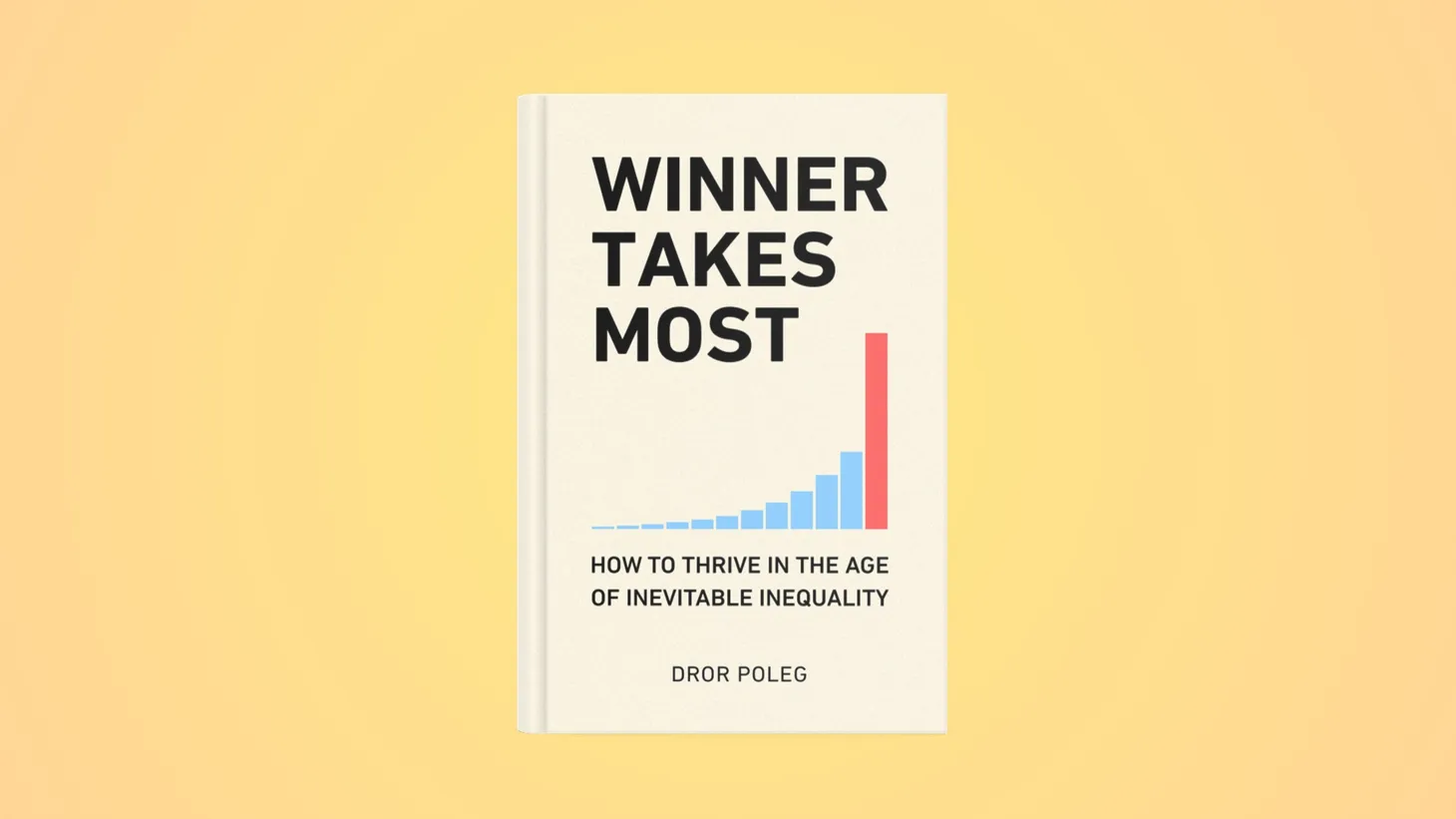
NFTs and the Future of Work
Technology will make it possible to compensate each person according to their economic value. That’s pretty bad news for most people, and very good news for some.
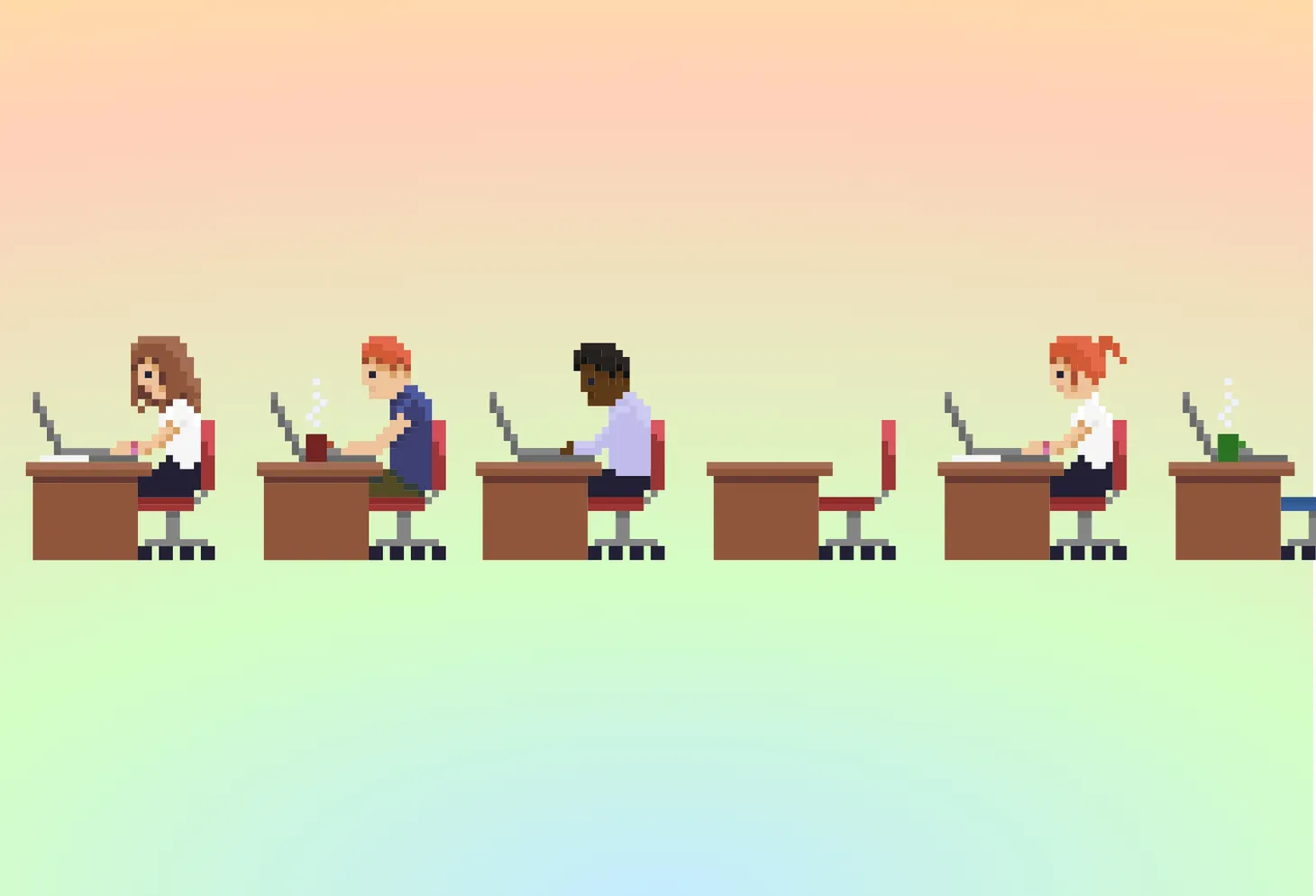
Rise of the 10X Class
The "robber barons" of the 21st Century are the people who used to sit next to you at the office.
